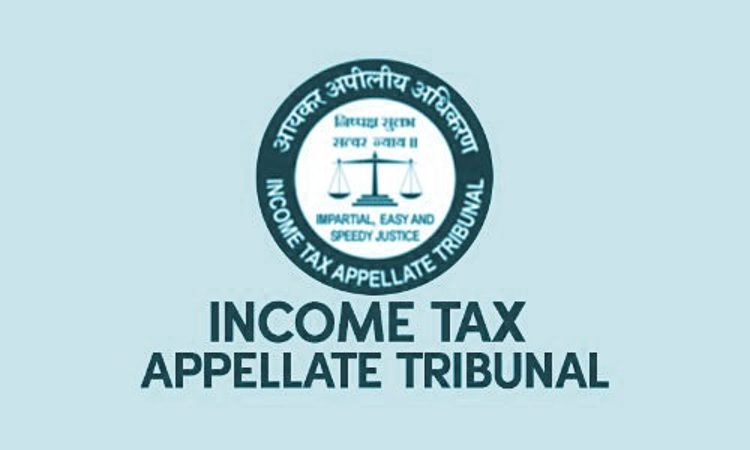Amount Declared As Turnover Can’t Be Concealed Income: ITAT
Mariya Paliwala
27 April 2023 10:15 AM IST

Next Story
27 April 2023 10:15 AM IST
The Amritsar Bench of the Income Tax Appellate Tribunal (ITAT) has held that once the amount is declared as turn-over, it cannot be called concealed income and be taxed twice on the same amount.The bench of Anikesh Banerjee (a judicial member) has observed that the AO has no right to calculate sales on a hypothetical basis, ignoring the evidence submitted during the course of...
